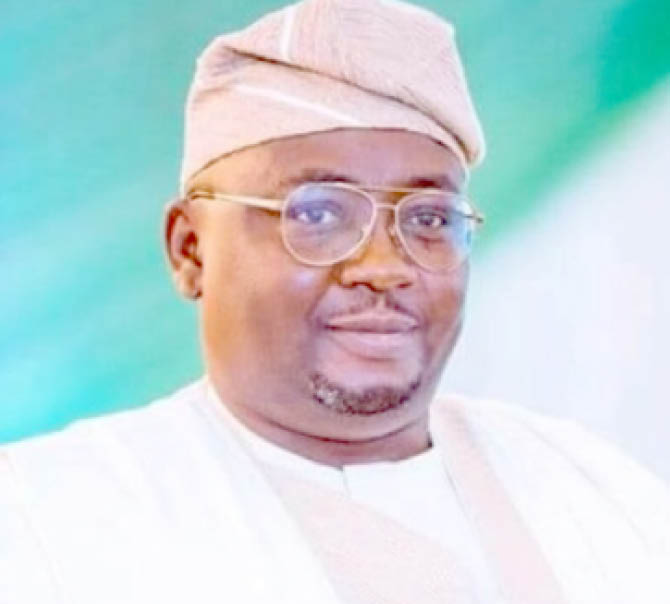The federal government has stated that the inability to pay over N3 trillion it owes gas companies and electricity generating companies is responsible for the low electricity supply in the country.
Speaking during a press briefing on Wednesday, the Minister of Power, Adebayo Adebayo, said the government was owing gas companies $1.3 while it was owing (GenCos) N1.3 billion.
The minister stated that the current low electricity was due to the gas companies requesting the debt they were being owed before they would provide new stock to the GenCos.
He also said the government only budgeted N450 billion in 2024 to pay for electricity subsidy while the projected sum is N2.9 trillion.
“The issue we are facing now is the persistent liquidity issues coming from inappropriate tariff regime, poor collections and inadequate funding of government subsidies leading to huge debts owed to the transmission, generation and gas supply companies.”
This has restricted investments required for sustaining supply flow, capacity expansion and infrastructural improvements. It has also not only discouraged lending to the sector by financial institutions as the sectoral activities are not bankable, but has also made the sector unattractive to new investors.”
He said to improve the sector, the government needed to “settle existing sectoral outstanding debt obligations to the gas supply and power generation companies using partly cash payment and guaranteed debt instruments. N1.3 trillion is current debt to the GenCos and $1.3 billion legacy debt to the GenCos”
He also said the major issue facing the sector is the lack of a clear and unambiguous definition of our concept of electricity as a nation.
“Is it a commercial product or a social service? This extends to a distorted tariff regime with unfunded government subsidy culminating into huge debts inhibiting continuity and sustainability of the supply value chain. In fact, we need a national discourse on this last issue.”
While stating that the government was looking at cash injection and guaranteed debt instruments to pay the debt, he said the government needs to look at how to fund subsidy in the sector as it is short of cash.
“I am not advocating for the removal of the electricity subsidy, but we need to review how we implement the subsidy, what was allocated is N450 billion but we are projecting N2.9 trillion as subsidy. Now, we are yet to pay the subsidy for January. I understand the suffering Nigerians are going through so the president has the final say on how to come out from this.”

 Join Daily Trust WhatsApp Community For Quick Access To News and Happenings Around You.
Join Daily Trust WhatsApp Community For Quick Access To News and Happenings Around You.